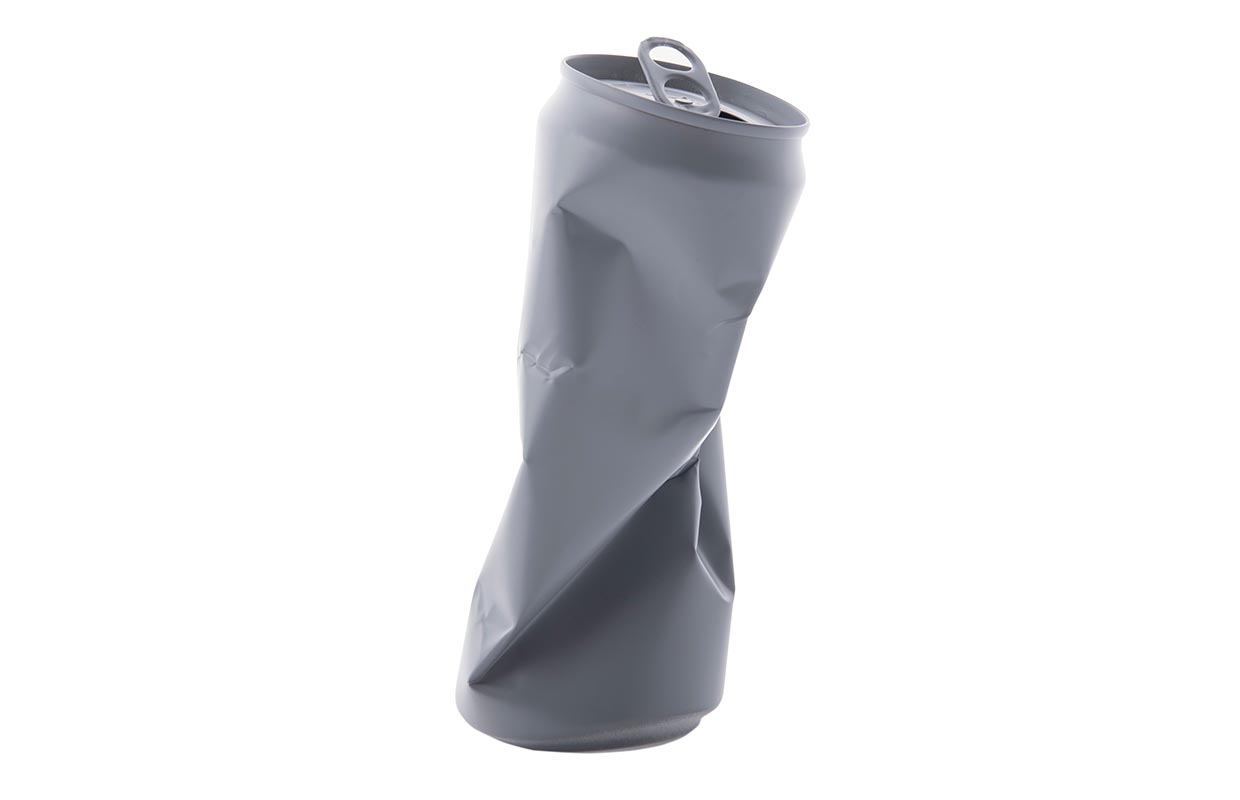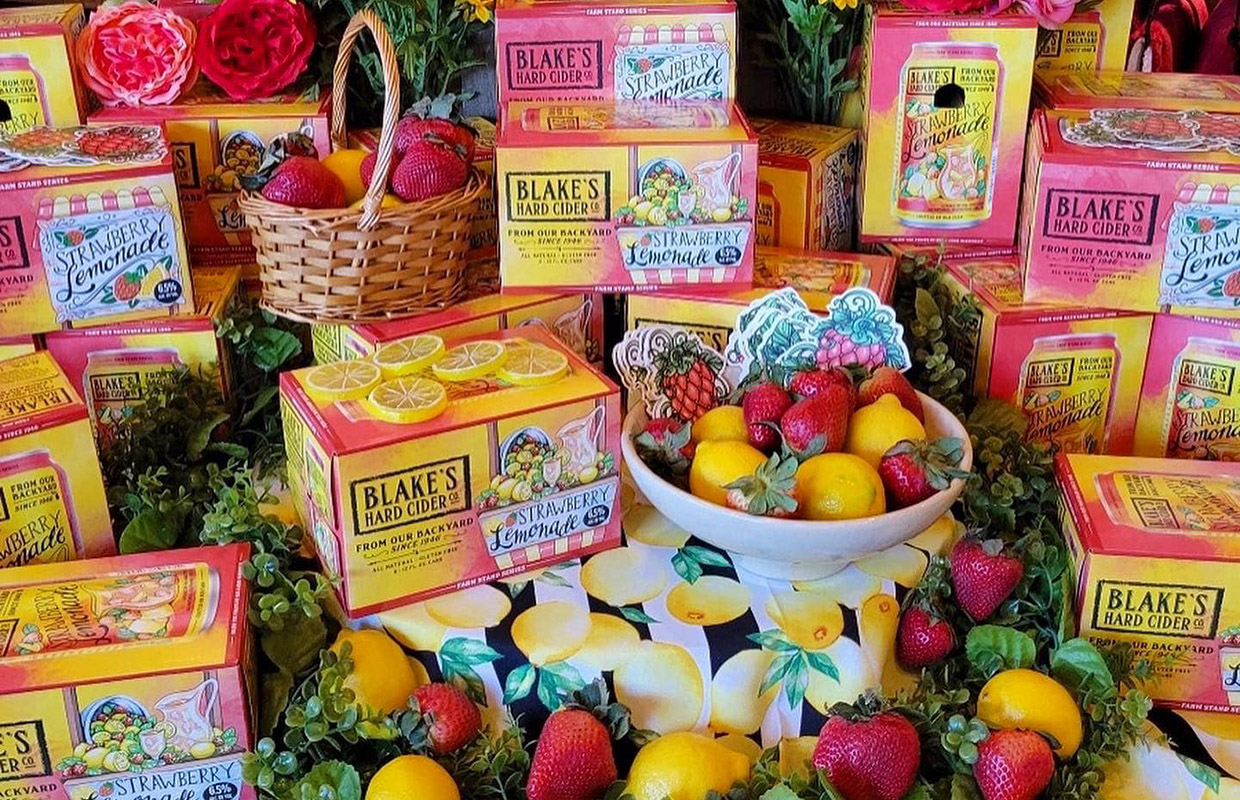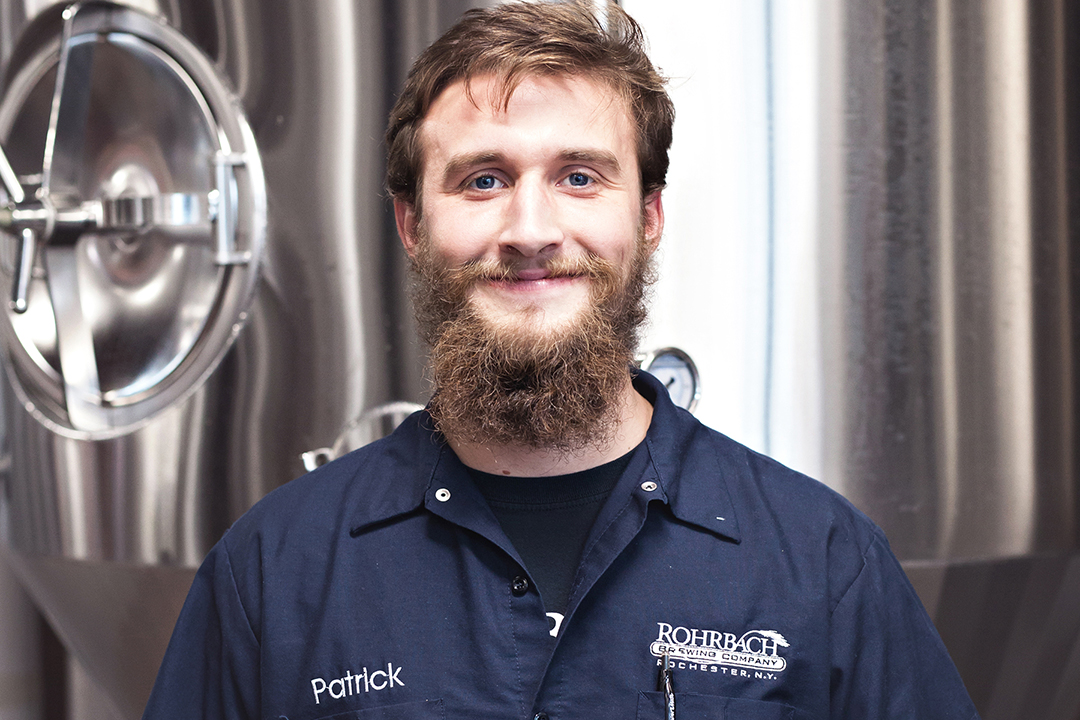
A few examples here of breweries finding new ways to be sustainable. Even if some of it’s in theory at this time.
Short’s Brewing Company just decommissioned its bottling line in favor of all cans and also introduced cardboard cartons about a year ago.
“When we label cans we avoid shrink wraps and use labels that can be recycled,” said Short’s CEO Scott Newman-Bale.
Also, a company Short’s works with to be more sustainable, has helped in installing the brewery’s own waste-water treatment facility along with a solar array on the roof of its Elk Rapids, Michigan campus.
“We’re working on other facility improvements and equipment like a new pasteurizer, chiller, etc that will allow us to be more efficient and use less energy,” Newman-Bale said. “We are adding more solar also in the next few years.”
Chase Legler fancies himself as a hobbyist in the world of mycology and truly believes that this species could help humanity out of the climate crisis. Although not currently available, he told Brewer that even using the fungus in packaging as a solution to making more sustainable products for breweries to use.
“I’m currently on the Ohio Craft Brewers Association’s sustainability board so we are constantly trying to not only integrate sustainability practices to our facility but also educating other breweries in our state,” said the COO of Sonder Brewing.
Although his current focus has been on the agriculture side and in trying to get fellow brewers to see the agriculture impact the industry can have by asking for raw material that doesn’t have glyphosate or neonicotinoids being used, and asking for proper crop rotation and overall regenerative farming practices can go a long way in moving things forward to a better future.
So how should breweries convey sustainability efforts to consumers?
“The more transparency the better,” Legler said. “I think we as consumers need to be more vigilant and understanding where and what kind of impact we have with everything we consume.
“I love showing off our facility because we take pride in our product and it shows when you step into our facility. I believe this should be more common with all our food production. If all food production factories had ‘glass walls’ I think we as consumers would make some dramatic changes in our diet and for the betterment of our environment.”
Photo courtesy Adobe Stock






Be the first to comment